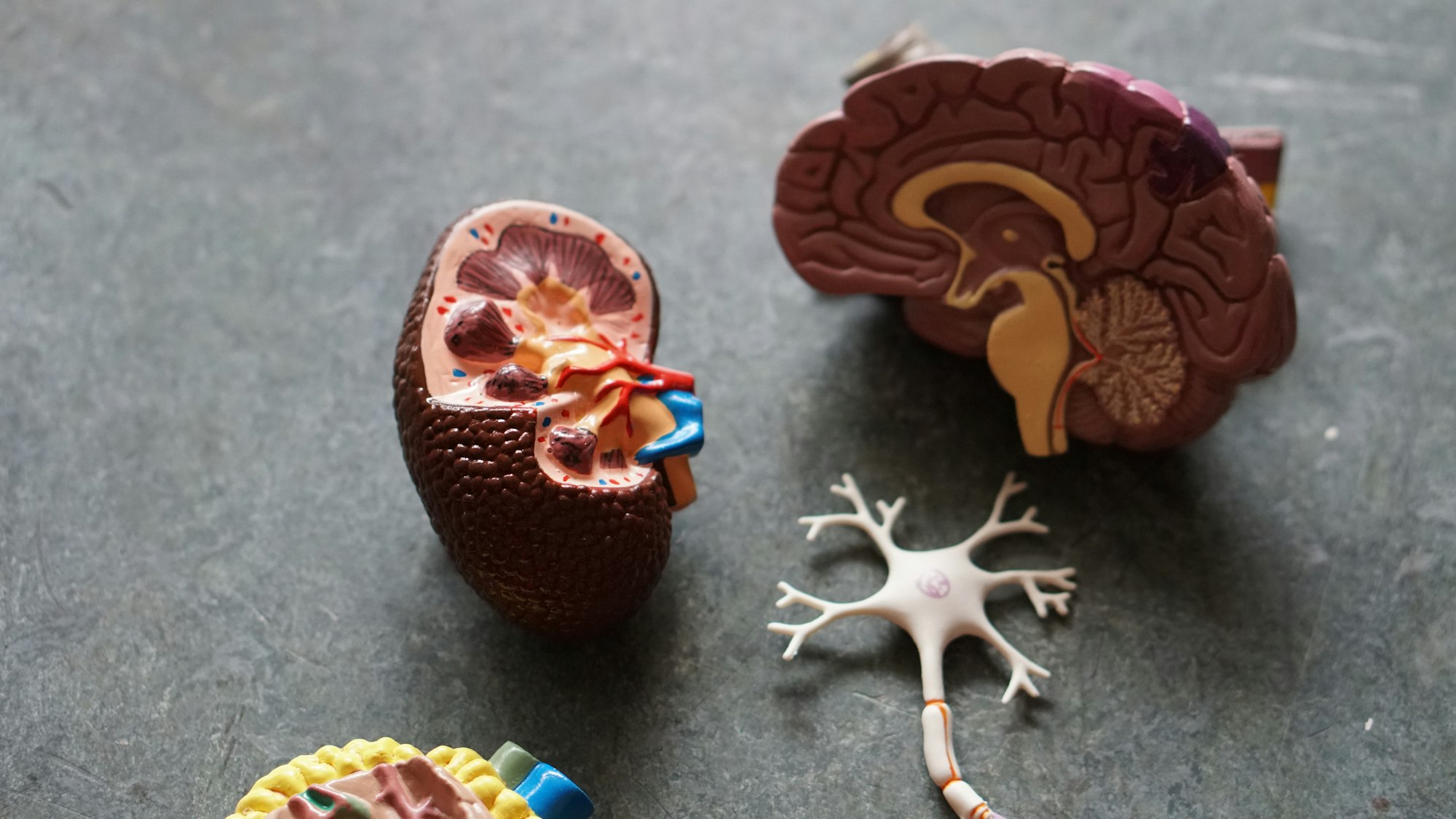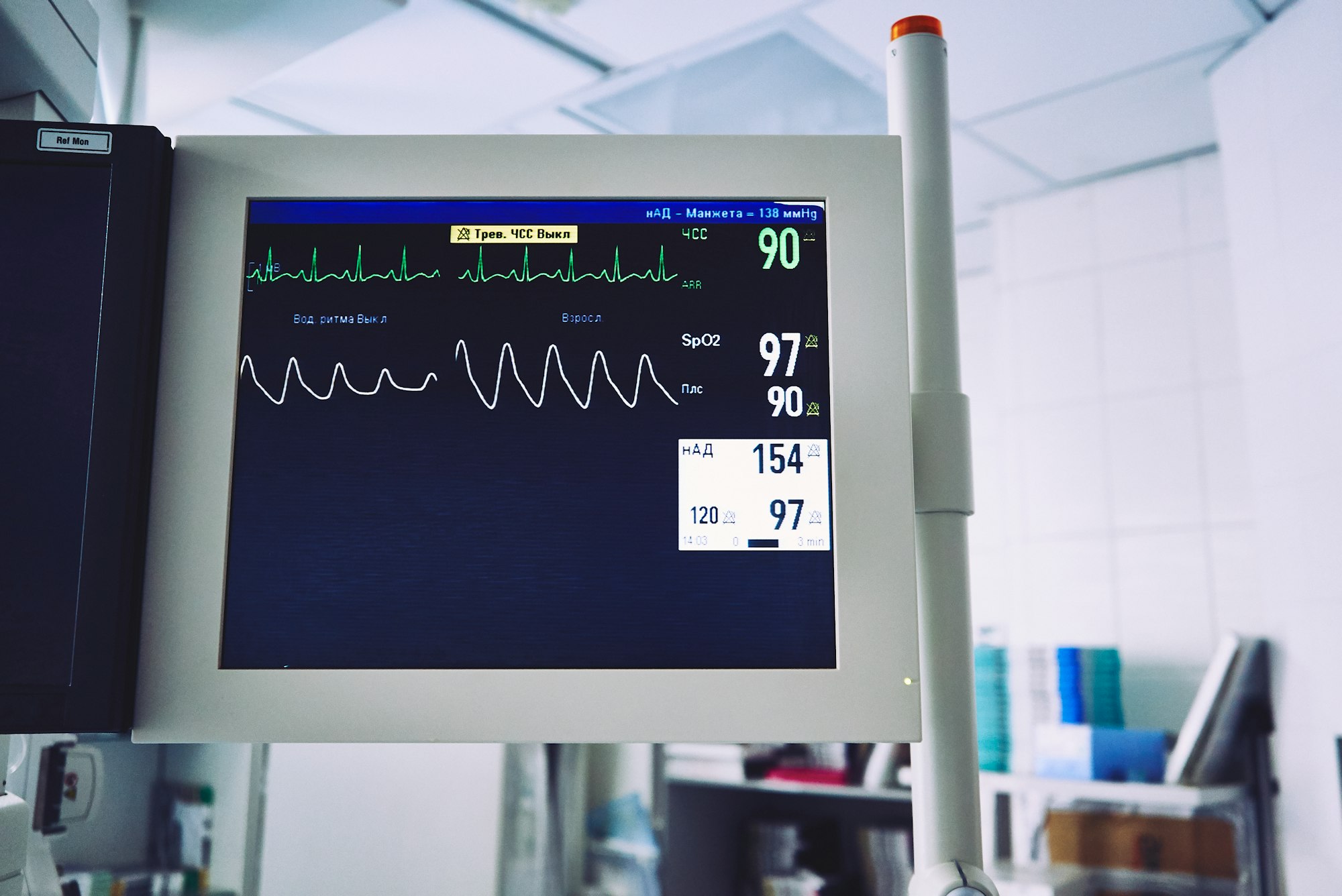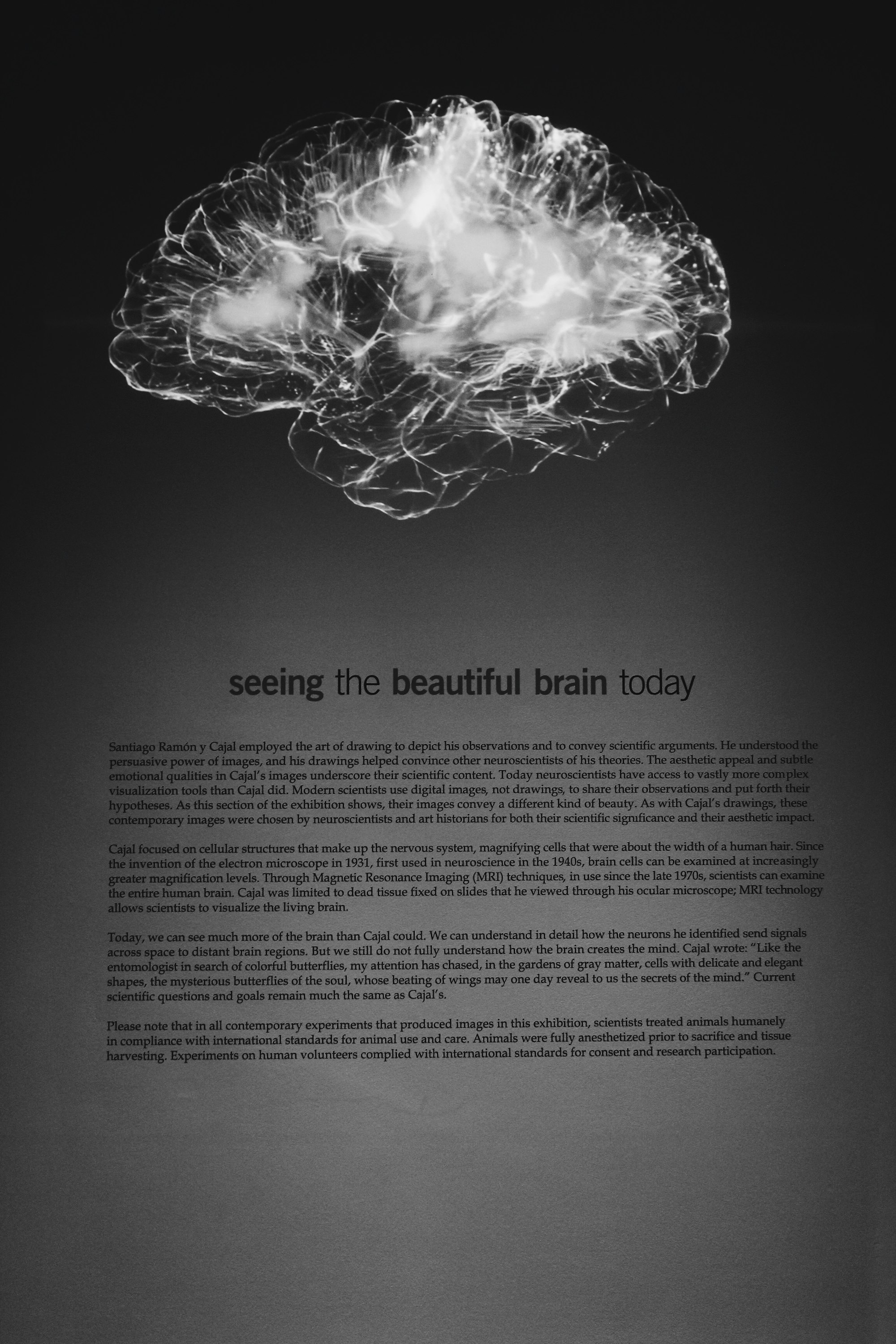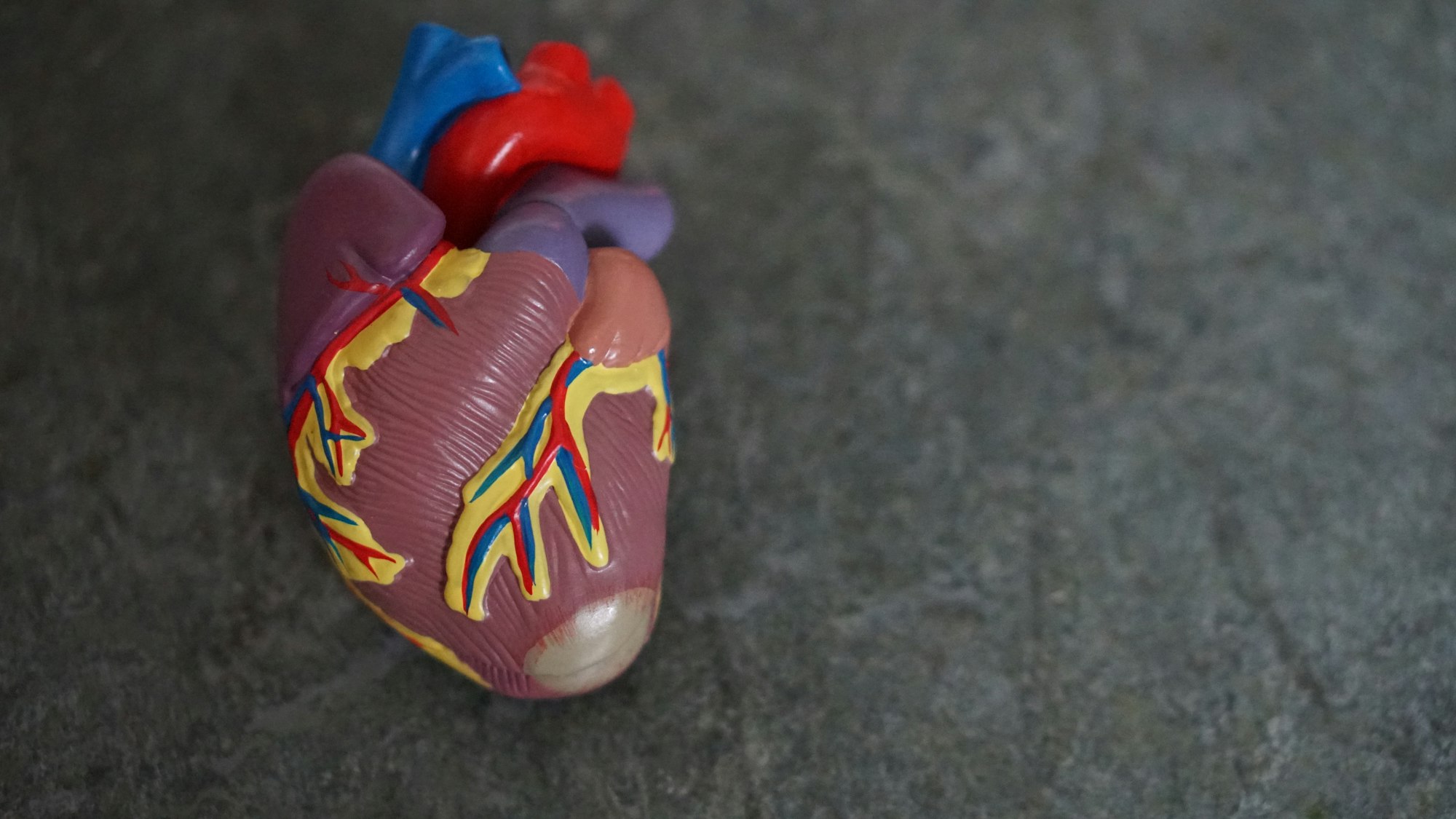Vascular Dementia: The Most Preventable Type of Dementia
Vascular dementia is the second most common type of dementia.It is the most preventable type of dementia. Knowing and managing these risk factors can help reduce the chances of developing this condition.

Vascular dementia is sometimes called subcortical vascular dementia because it affects the brain's subcortical structures that are responsible for controlling our behavior and cognition. It is the second most common type of dementia. Alzheimer's disease being the most common type of dementia. Vascular dementia is the most preventable type of dementia.
Vascular dementia is a complex brain vascular disease that can have serious consequences if not treated correctly. With early detection and healthy lifestyle changes, however, it can be managed successfully to improve a persons quality of life.
Vascular dementia is caused by the brain's blood vessels experiencing reduced blood flow to the brain. It often results in deficits in thinking , reasoning, memory, and poor judgment. This condition can occur at any age but, is more common in people over the age of 65.
Risk factors and the underlying causes vascular dementia.
As we age, the chances of developing vascular dementia increase dramatically. Heart disease and stroke are well-known risk factors for this disorder, but so is something called atherosclerosis: when deposits of cholesterol forms plaques in our arteries that can potentially block blood flow to the brain. This build up of plaques causes vascular dementia. A history of heart attacks or strokes also increases one's vulnerability - making it critical to be proactive about managing health as you get older.
Elevated levels of low-density lipoprotein (LDL), the "bad" cholesterol, are associated with an increased risk of vascular dementia.
Diabetes, smoking, obesity and atrial fibrillation - together these are powerful risk factors for vascular dementia. High glucose levels can destroy blood vessels throughout the body resulting in brain damage. Smoking contributes to vascular disease. It damages the blood vessels directly leading to atherosclerosis; being overweight increases your chances to develop vascular dementia .
Atrial Fibrillation causes dangerous clots to form in the heart . IF they break off they could travel to the brain causing strokes.
Knowing and managing these risk factors can help reduce the chances of developing this condition.

Underlying causes of vascular dementia
Underlying causes of vascular dementia range from small strokes, also called transient ischemic attack (TIA) to a full blown stroke. This stroke can occur suddenly. A transient Ischemic attack is often called a mini stroke. A person may show stroke symptoms that resolve quickly.
I had a client that had many TIA's over the years. She would call first responders when she experienced noticeable symptoms. By the time the first responders arrived, they had already resolved. I was out with Charlotte having lunch one day. She liked to drive her big ford pick up truck. We were on our way home, and as she was driving, she had a TIA. Her speech became slurred and the one side of her face became droopy.
I was able to get her to pull over and let me drive. I took her the the ER where they observed her symptoms. She had very high blood pressure. While in the ER, her symptoms resolved and she was sent home. She was diagnosed with small vessel disease that caused her TIA's.
Over the years Charlotte continued to have mini strokes. Over time, vascular dementia symptoms started to become more apparent. Her brain function was impacted by her uncontrollable blood pressure. Charlotte also had diabetes and was non compliant at managing her blood sugar. This resulted in high cholesterol, as well.
All of her lifestyle choices contributed to causing further damage that would affect blood vessels. These increased her risk factors for vascular dementia. The cumulative effect of all the mini strokes led to changes in her sleep patterns, slowed thinking skills and some memory loss and poor judgement.
Many years later, Charlotte suffered a major stroke. During a stroke, a ruptured blood vessel causes damage to a large area of the brain. Or blood clots will affect blood flow and cut off the brains blood vessels supplying oxygen-bearing blood to the brain. This affects the brain functions in that region of the brain. Over time, brain cells die and a person with vascular dementia will have memory issues. They may start to have difficulty performing tasks that were once familiar or have difficulty recalling current or past events.
Strokes come in many forms
Strokes can come in many forms, from silent to apparent strokes. However, each stroke increases one's risk of developing vascular dementia, especially when multiple strokes occur over time and cause multi-infarct dementia. Similarly, brain hemorrhages due to high blood pressure or aging are also a leading source of damage. As we get older it is therefore important for us all to take steps towards reducing our risks associated with these life changing health conditions by promoting healthy lifestyle habits now before it’s too late
It's often hard for medical professionals to distinguish from other related diseases and conditions because of shared symptoms such as problems with memory and confusion. Vascular dementia may also be caused by diseases such as Alzheimer's disease or Lewy body dementia. These conditions are linked with the development of deposits in the brain's small blood vessels.
Many people are unaware of the different forms that vascular dementia can take. Mixed dementia is when two or three types of dementia occur at the same time. The most common symptoms of both Alzheimer's and vascular dementia are present in the patient.

What is Cerebral amyloid angiopathy (CAA)?
Researchers have discovered a condition called Cerebral amyloid angiopathy (CAA) .
This is a condition that affects the vessels in the brain. Cerebral amyloid angiopathy causes proteins to build up on the walls of blood vessels in the brain, which can lead to decreased blood flow and damage to brain cells. There are now clinical trials to understand how the protein build up differs from Alzheimer’s disease and other types of dementia.
Just fyi, Alzheimer's disease and Lewy body dementia have different types of proteins that build up in the brain tissue. Protein build up causing vascular dementia is a new finding. Alzheimer's disease patients frequently exhibit the same symptoms of CAA.
What is multi-infarct dementia, also called vascular cognitive impairment
Multi-infarct dementia, also called vascular cognitive impairment' is caused by repeated blockages to blood flow in the brain by blood clots. This gradually leads to noticeable symptoms as these cumulative effects start to manifest over time. Over time the brain damage caused by the ruptured blood vessels and brain tissue will cause symptoms of vascular dementia, such as problems with memory, difficulty recalling current or past events. Multi infarct dementia will have different signs and symptoms because it affects many different brain regions.
Vascular dementia is caused from blocked blood flow to the brain. Leaving the brain tissue deprived of essential oxygen and nutrients. It can be caused by stroke or other conditions impairing circulation, with its severity and location determining whether thinking processes are affected.
Simply put, the symptoms of vascular dementia will depend on the regions of the brain tissue damage occurred. Each region of the brain has different functions. The symptoms of vascular dementia depend on what region has been damaged. A person with vascular dementia will exhibit different symptoms. They may develop cognitive impairment, meaning problems with their thinking skills.
These thinking skills include reasoning, judgment, planning and memory; things we all rely on in our everyday lives but without proper care could potentially go awry due to reduced cognitive function associated with vascular dementia.

How is vascular dementia diagnosed?
To accurately diagnose vascular dementia, a doctor may ask detailed questions about problems with daily activities, administer memory or thinking tests to the patient, and interview a family member who can provide insight into symptoms.
Additionally, medical history review as well as lifestyle checks and brain imaging are often conducted for further investigation of whether vascular dementia is present.
Sadly there isn't anything that can reverse damage already done by stroke-related incidents but treatments targeting prevention of future strokes—such as blood thinners—are regularly suggested; medications aiding in treating Alzheimer's symptoms have also been known to assist those with early onset stages of vascular dementia too. Further recommendations typically include treatment/management for risk factors potentially linked to such an illness too!
A common method of diagnosing Vascular Dementia is magnetic resonance imaging (MRI). MRI scans can help detect changes in the brain caused by Vascular contributions and allow for early diagnosis.
Additionally, other tests such as a blood test, urine test or cerebral angiogram may be used to confirm Vascular Dementia. By diagnosing Vascular Dementia early and controlling risk factors, you can help protect yourself from its devastating effects and further damage to blood vessels.
What are Vascular dementia symptoms?
Vascular dementia symptoms vary, depending on the part of your brain where blood flow is impaired. Symptoms often overlap with those of other types of dementia, especially Alzheimer's disease dementia. But unlike Alzheimer's disease, the most significant symptoms of vascular dementia tend to involve speed of thinking and problem-solving rather than memory loss.
Vascular dementia can present a range of signs and symptoms that may suddenly appear following a stroke. These include confusion, difficulty paying attention and concentrating, slowed thinking processes or organization problems when planning actions. Memory issues are often experienced alongside restlessness and agitation as well depression or apathy. One's gait might become unsteady. The ability to urinate may also be affected. Some people with vascular dementia may experience sudden urges to urinate. This can become more frequent at times, even losing control, and becoming incontinent. When these signs occur together after suffering from stroke they're referred to collectively by the name post-stroke dementia.
Vascular dementia and Alzheimer's disease are closely linked

Vascular dementia and Alzheimer's disease are closely linked -and as I said before, they sometimes occur together in a person. This type of dementia is often characterized by drastic changes to thought processes following strokes or mini strokes, which can cause deterioration more rapidly than what may be seen when suffering with only one condition. Evidence shows many individuals live life while dealing with both forms of the degenerative disorder simultaneously.
I am often asked by a family member, after they have vascular dementia diagnosed, is it hereditary?
Is vascular dementia hereditary?
Vascular Dementia is not usually a hereditary disorder. CADASIL, cerebral autosomal dominant arteriopathy with subcortical infarcts and leukoencephalopathy (CADASIL) is a hereditary condition causing vascular dementia, passed to children born of one parent carrying the gene. Early onset symptoms such as migraine headaches and seizures typically manifest in middle age, but can be latent until later life. It affects the blood vessels in the white matter of the brain and can cause severe depression.
If you are concerned about your risk for vascular dementia, consult with your doctor for further advice.

How is vascular dementia treated?
Suffering from vascular dementia can be a difficult and devastating experience, with no known cure. However, treatments focus on how to improve blood flow to the brain. These approaches have proven successful in reducing further damage of associated tissue as well as providing relief for some symptoms.
The measures to treat vascular dementia may involve taking various medications such as those that regulate cholesterol or treat diabetes; undergoing lifestyle changes like following healthier diets, becoming physically active, quitting smoking etc.; and even procedures aimed at directly addressing compromised blood flow to the brain through carotid endarterectomy, angioplasty, and stenting. I will give you a little anatomy lesson here. The carotid arteries are located in the neck and provide blood flow from the heart to the brain
While treatment won't undo existing brain damage due to Vascular Dementia it could significantly improve quality of life now - giving people suffering from this condition hope once again!

How to Prevent Vascular Dementia
There are several measures you can take to help prevent Vascular Dementia. If you listen to my audio casts, you will hear me say, what is good for the heart, is good for the brain. HEart disease and brain health are closely related.
Taking care of your heart not only benefits it, but could also be instrumental in protecting against vascular dementia. To reduce the risk and keep a healthy brain, one should strive to maintain normal blood pressure levels as well as preventing or controlling diabetes through dieting and exercise. In doing so, you may guard yourself from both Alzheimer's Disease and vascular dementia.
It is important to maintain a healthy lifestyle by eating a balanced diet, getting regular exercise, and avoiding smoking and limit alcohol intake. You should also work with your doctor to monitor and manage any conditions such as high cholesterol or atrial fibrillation that increase your risk of Vascular Dementia. By following these steps and understanding Vascular Dementia, you can help protect yourself from its devastating effects.
You might also like this article:








